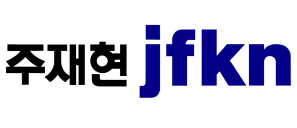(의학) 쥐 복제 긴급 뉴스
(의학) 쥐 복제 긴급 뉴스
Growth industry. There’s been a breakthrough큰약진 in cloning research. What does it mean for humans? Nightly News begins now. From NBC News world headquarters in
His name is Tiny and what makes this Chinese mouse and 26 others unique is that researchers cloned him not from embryonic stem cells줄기세포, but from another mouse’s skin cells. They’re called “iPS stem cells.” And if it works in humans, it could mean scientists would have an alternative to using human embryos to grow cells. In
All the while그 동안 내내 bypassing우회하다 the ethical dilemma of using human embryonic stem cells, the research, conducted by two Chinese scientists, appears in today’s journal Nature. “There’s no embryo destruction. There’s no requirement for human egg donors to be involved.” And that, say bioethicists생명윤리학자, is critical. “For many Americans, embryo destruction has always been the stopping point when it comes to stem cell research.”
Experts say cloning an entire human is highly unlikely that the real value is in using a patient’s own cells to re-grow damaged tissue and organs. “Most scientists want to use these cells for legitimate합법적인 medical applications. Not for the worrisome꺼림직한 걱정되는 human cloning that I think will generate a lot of debate.” Experts cautioned the science is very preliminary시초의 and insist they still need to use embryonic stem cells to advance the research.
Meanwhile, back in China, Tiny has already produced offspring자손, second and third generations all apparently healthy and identical. This is likely to lead to new calls to ban any attempt to clone humans. It is a brave new world to bioethics. Brian? That’s right. Here we go. Tom Costello in our

